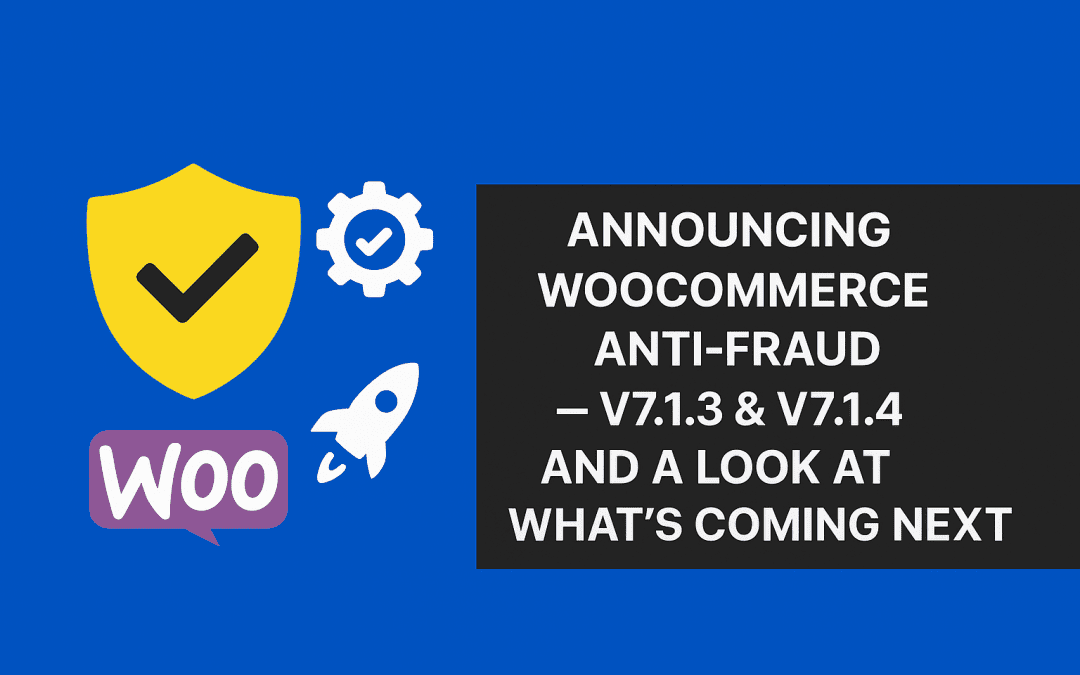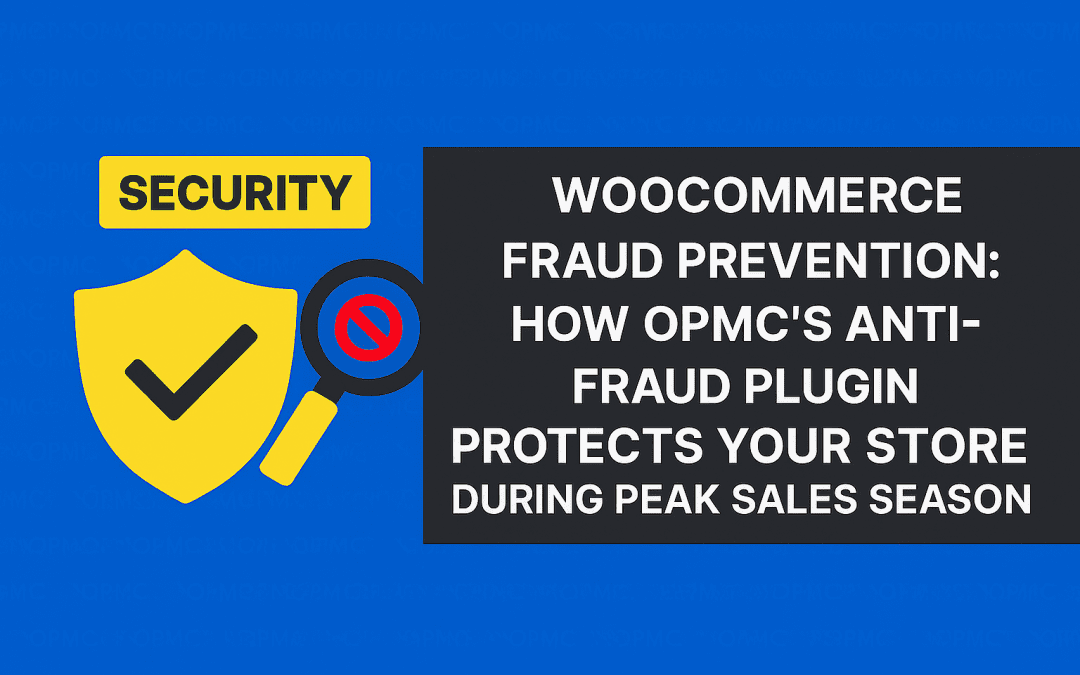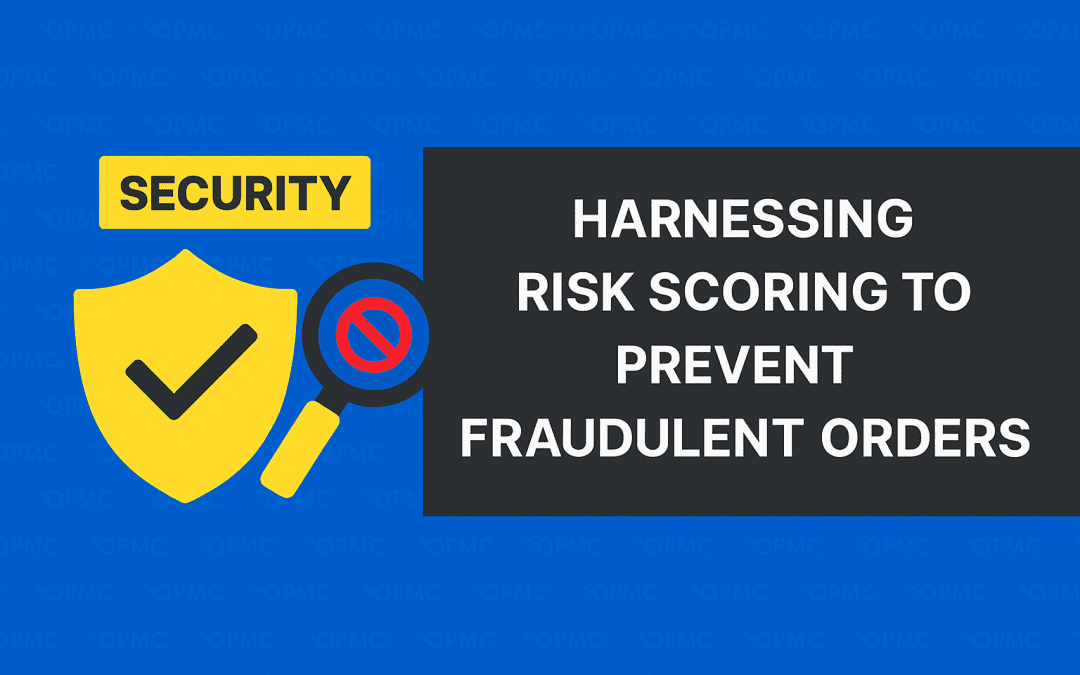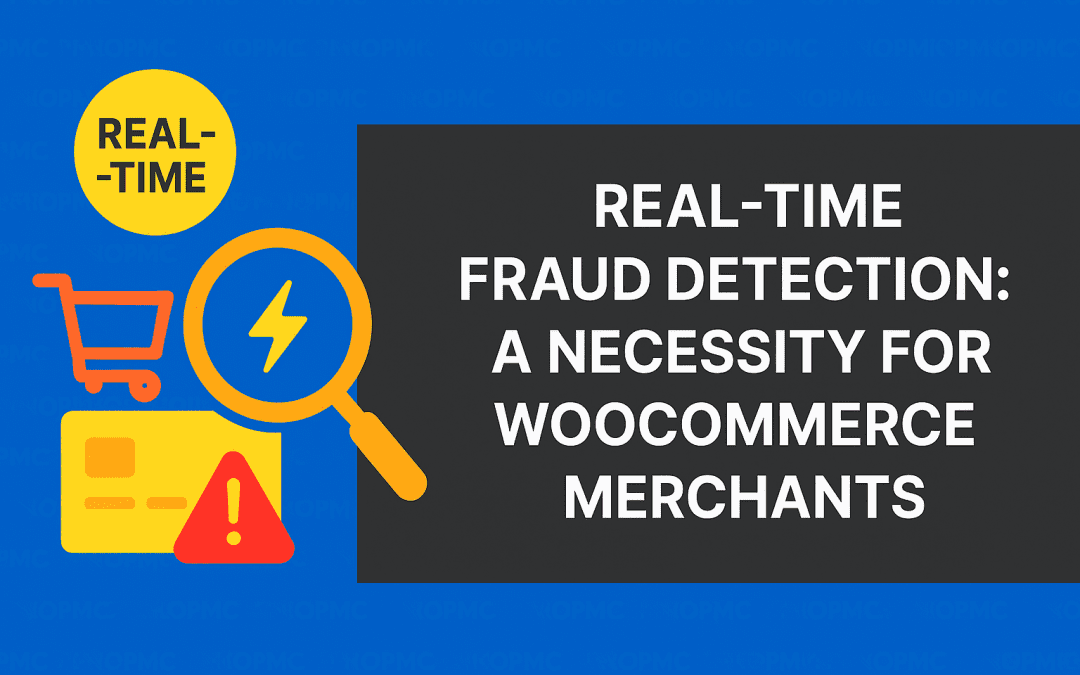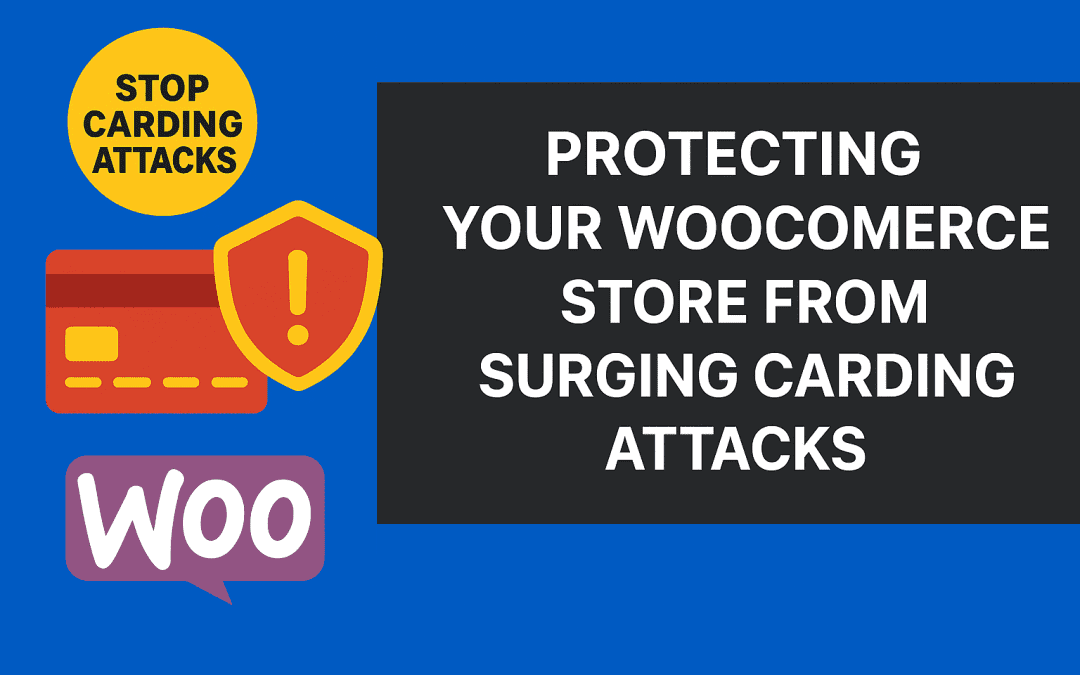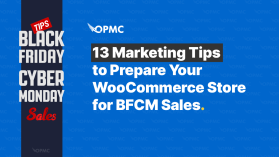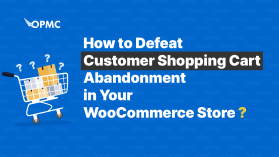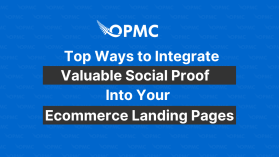If you’re an ecommerce business owner, you need to be able to boost sales. It’s as simple as that. You can’t rely on organic traffic and social media followers if you want your business to grow and thrive. Boosting sales is all about using the right strategies at the right time—and understanding how each of them works so that you know when they’re most effective.
Why is it so important to boost sales for a small ecommerce business? The answer is simple: if you don’t boost sales, then there will be no way that your company will continue to exist long-term. The purpose of any business (including an online one) should be to make money—and if it isn’t making enough money, it won’t survive in its current form forever.
Starting and running a small ecommerce business can be challenging, especially when it comes to boosting sales. With countless competitors vying for the same customers, it can be challenging to stand out and drive revenue. But don’t despair! There are several effective strategies you can use to boost sales for your small ecommerce business.
Understand Your Target Market
The first step is to understand your target market. Knowing your audience is essential for any business, but it’s significant for small businesses with limited marketing resources and less time to dedicate to research and development. If you can do a great job selling yourself as a product or service provider, people will want what you offer—but only if they know how they benefit from buying it.
Having a clearly defined target audience is essential to increasing sales. You must know who you’re selling to and how they act and react to specific marketing tactics. This way, you can ensure that the right people are seeing your ads. When they do see it, they’ll be more likely to click on it or buy from you instead of someone else selling a similar product or service.
Achieve this target market by conducting market research. This is the process of collecting data from a diverse group of people to find out how they think and feel about your products and services. It’s a crucial step in any business because it helps you to understand your target customers better so that you can fulfill their needs.
Luckily, social media, sites like Reddit, and popular, free Google trend tools make this process incredibly easy to learn about. Check out a few YouTube videos, and you could be an expert in a weekend.
Now, let’s jump into the steps to boost sales.
1 – Personalize Your User Experience
Personalization is the key to increasing sales. It’s a powerful tool that can help you reach your target audience and engage with them on an individual level, resulting in increased loyalty and sales. Here are some ways you can personalize your website:
-
- Use customer data to create targeted content, like email marketing campaigns tailored specifically for the person who visited your site.
- Display product recommendations based on previous purchases or browsing habits (the more someone buys from you, the higher their “recommended items” bar should be).
- Make it easy for customers to get in touch with you via social media or through email when they have questions about an order. We highly recommend our WooCommerce Customer Support pluginfor 24/7 automation of questions.
2 – Optimize Your Website
Your website is the first impression you give to your customers, and it’s important to make sure you’re sending them the right message. Be sure your site considers
Speed
Speed is a massive factor in ecommerce. The faster your website loads and the fewer steps it takes for users to complete their purchase, the more likely they will come back and buy again.
SEO
SEO is the process of optimizing your website to rank higher in search engines. It’s important for all businesses, but it’s especially crucial for ecommerce stores because they rely on online traffic for sales (people searching for what you’re selling).
When you optimize your site for SEO, you’ll be able to increase your sales and generate more revenue by offering relevant information about your products and services to people who are already looking for exactly what you have to offer.
Mobile Ready
Consumers use mobile devices more than traditional desktops. People shop by the convenience of everything from a taxicab to the restroom. If your site is not mobile-responsive, you will lose sales.
3 – Utilize Social Media
Social media is one of the most powerful tools in your arsenal. It allows you to connect with your target audience, drive traffic and sales to your website, engage with them, and build brand awareness and trust.
You can use social media for building a community, running PPC ads, getting valuable feedback, and more. Consider integrating your social media onto your website using:
User Generated Content
User Generated Content (UGC) is content that has been created by your users, whether it be in the form of reviews, testimonials, videos and images, or text. UGC is an excellent way for you to get your customers to help you market your business.
Influencer Marketing
Influencer marketing is a tactic that harnesses the power of influencers, or people with a large social media following, to promote your product. Influencers can be celebrities, bloggers, and even athletes. The goal is to reach new audiences that you might not have been able to reach otherwise.
Go Where Your Clients Live Online
Social media is an excellent way for ecommerce businesses to connect with customers and build relationships.
4 – Leverage Email Marketing
When you have a small business, it’s important to leverage every advantage you can. Email marketing is one of the best ways to do this because it allows you to reach out directly to potential customers without worrying about making sales on your own.
You can build easy-to-follow campaigns with free resources like Mailchimp. That way, you can capture new leads, re-engage warm leads, and alleviate some abandoned cart consumers all through a direct marketing stream – email.
5 – Offer Discounts and Promotions
Customers love discounts, and they’ll be more than happy to share your store’s promotion with their friends, family members, and colleagues. You can offer a discount on your website or social media pages, products or services, shipping or delivery charges, membership fees, subscription fees, and so much more.
Don’t forget holidays in your target market! For example, Father’s Day may seem like nothing important, but when most shoppers don’t know what to get their parents, they will look for sites just like yours for solutions.
6 – Use Analytics & Feedback
Analytics and customer feedback are two of the most important pieces of information you can have for your ecommerce business to boost sales. You want insight into consumer behaviour, so you can adjust your marketing efforts to better fulfill their needs. This is also highly valuable when you are testing out new promotions and need some immediate feedback.
7 – Automate Everything
Automation is the process of using software to perform tasks without human interaction. Automating tasks saves time and money, allows you to scale your business, and makes it possible for you to grow your business without adding more employees.
We have several specialized WooCommerce plugins available at our OPMC shop that help automate everything from security to accounting to inventory management. Be sure to visit our online store to learn how these tools can boost your sales opportunities.
Conclusion
We’ve covered a lot of ground, but there are still some important topics we haven’t touched on yet. Boosting sales for a small ecommerce business is crucial for growth and success. This is a continuous process that requires consistent effort and testing. Keep track of the progress, measure the results, and adjust your strategies accordingly.
You must always strive to learn and experiment to find what works best for your unique business. With the right strategies in place, you’ll be able to take your small ecommerce business to new heights. So, don’t wait. Start implementing these tactics today and watch your sales soar!
Download WooCommerce Customer Support plugin today
We highly recommend our WooCommerce Customer Support plugin for 24/7 automation of questions.

